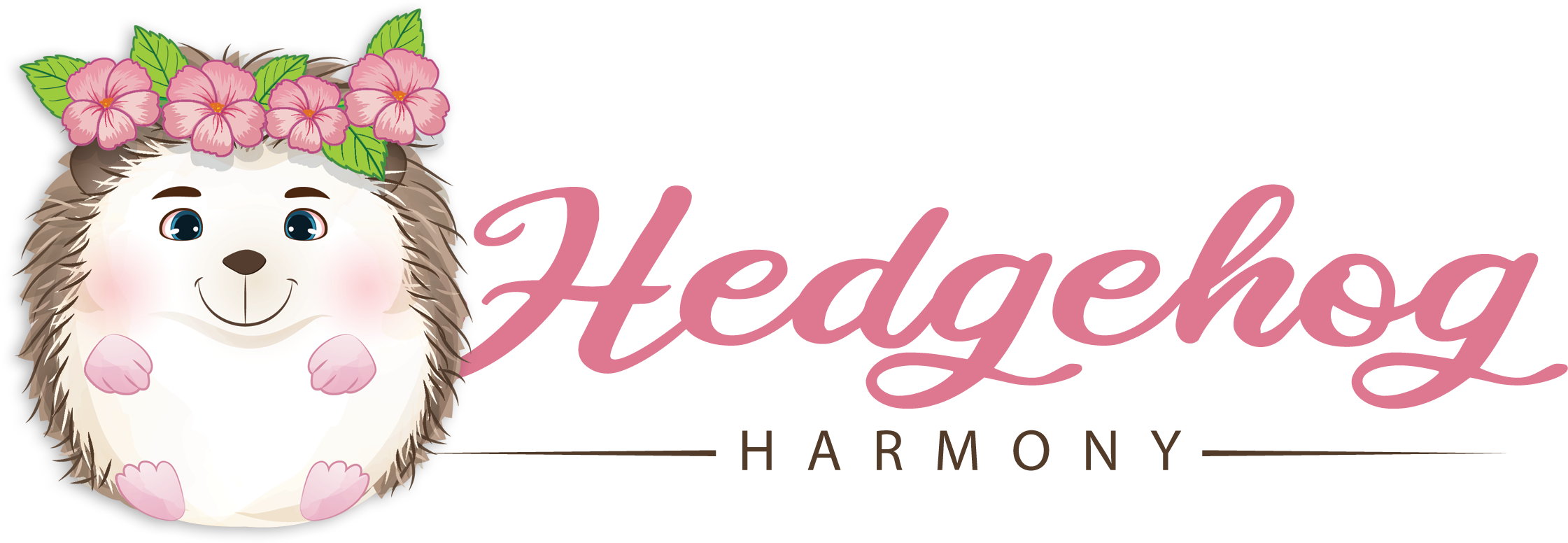One of the most important things to know when you have hedgehogs as a pet is their diet and eating habits.
This is because everything that they eat will determine their growth, health, and most importantly, their lifespan.
Aside from their unique appearance, hedgehogs also have unique diets.
Although hedgehogs are considered omnivores, not every food can go into their stomach. Some people who own hedgehogs might ask; can their lovely pets eat crickets? Here’s the answer:
Can hedgehogs eat crickets? Yes, hedgehogs can definitely eat crickets.
In fact, eating crickets provides them with many essential nutrients that are good for their health. For example, crickets are a good source of protein and chitin for hedgehogs.
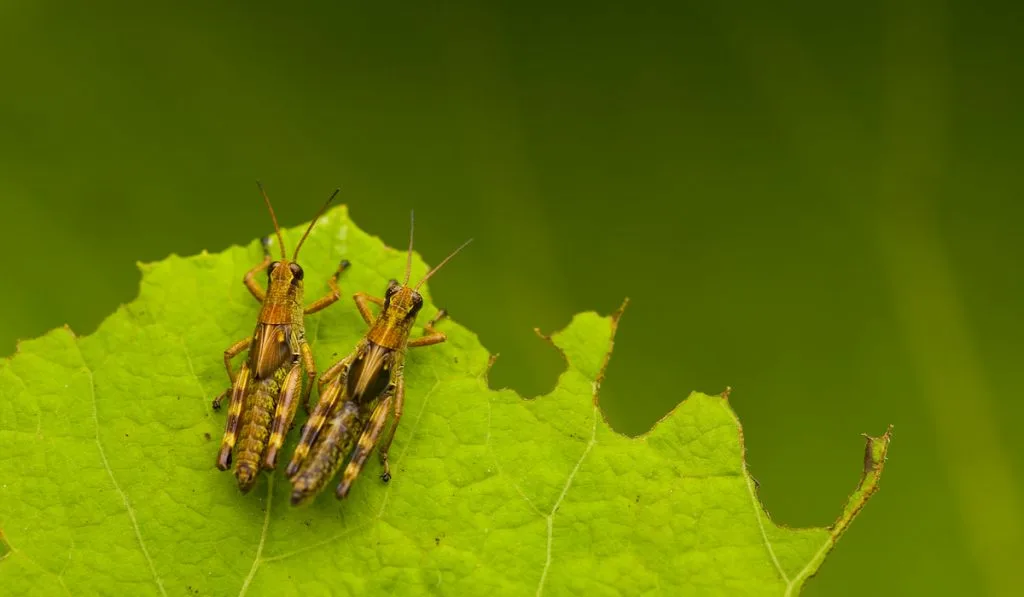
Aside from being omnivores, hedgehogs are also insectivores. That is another reason why they can eat crickets and other insects.
But first of all, we are going to take a look at what crickets are mostly made of; chitin.
What Is Chitin
Chitin is a natural polymer, a large, structural polysaccharide made of linked N-acetylglucosamine subunits.
It has the same cellulose-like structure with a function similar to that of keratin. Each year, there are about 1 billion tons of chitin being synthesized by organisms.
Chitin is not exactly a type of protein but they act the same as proteins.
In other words, chitin could be an ‘alternative protein’. Proteins are made up of amino acids. But chitins are made up of amino sugars.
Structure Of Chitin
Chitin consists of modified glucose monosaccharides. It is formed by glycosidic bonds between substituted glucose molecules.
In its molecule structure, hydrogen bonding between monomers will contribute to the strength of the chitin. Pure chitin will have translucent and flexible properties.
But in most animals, these chitins have been converted into composite materials when they combine with other molecules.
For instance, crustaceans and mollusks often have chitins that are combined with calcium carbonate to form hard and colorful shells.
But in insects, chitins are often arranged into crystals that give iridescent colors, aiding in communication, biomimicry, and mating to attract other insects.
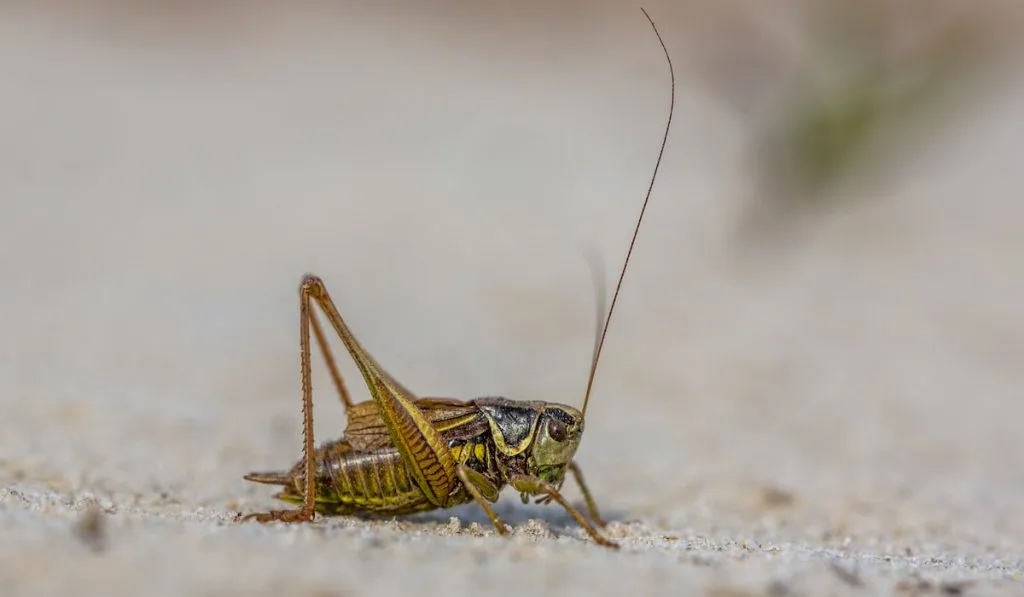
Functions Of Chitin
In most organisms, chitin serves as a structural material or polymer.
This structural polymer forms strong fibers made up of smaller monomers or monosaccharides.
It can be found in fungal cell walls, exoskeletons of insects and crustaceans, a part of radulae (teeth) of mollusks, and the beaks of cephalopods, which can be used to bite through the hard shells of their prey.
Chitin can also be found in some amphibians and scales of fish.
Why Hedgehogs Can Eat Crickets
Unlike some other animals, hedgehogs can eat crickets safely without causing any indigestion to their gut system.
This is because they have symbiotic bacteria and protozoa that assist in breaking down the fibrous chitin into glucose molecules before composing it.
Also, like cellulose, chitin is biodegradable and with the aid of those helpful bacteria, hedgehogs can digest crickets properly without causing any harm to their gut.
Nutritional Value of Crickets
Believe it or not, crickets provide many additional nutrients to hedgehogs.
In other words, feeding crickets to hedgehogs is like serving them a small meal that provides almost all the nutrients that can be found in other foods.
This table shows the composition of nutrients found in just one cricket:
| Nutrients | Composition (Percentage/Ratio) |
| Protein | 16.0% |
| Fiber | 2.2% |
| Fat | 3.3% |
| Calcium | 275 mg |
| Phosphorus | 2950 mg |
| Thiamine | 0.4% |
| Calcium to Phosphorus ratio | 1:11 |
| Moisture | 76% |
Other Insects That Hedgehogs Can Eat
Aside from crickets, you can also feed your hedgehogs other insects that. This could add a variety of tastes to their meal.
For instance:
1. Waxworms
Waxworms are the larval stage of wax moths. They are able to live inside a container or any place they are being kept for about 1 to 2 months.
Feeding your hedgehogs with waxworms will provide them with a good source of protein and fat.
But it is advisable to monitor the number of waxworms being fed to them because the amount of fat in waxworms could cause them to gain weight quickly.
2. Mealworms
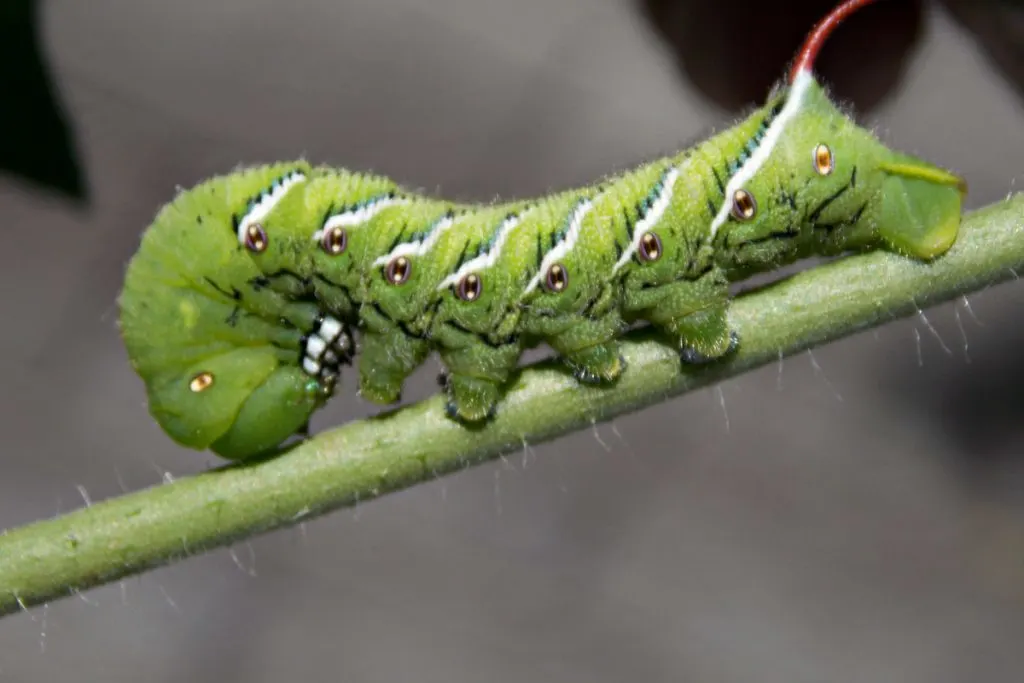
Aside from waxworms, hedgehogs can also eat mealworms. Unlike waxworms that are only edible during the larval stage, mealworms can be fed to your hedgehogs at any of their stages.
They are also a good source of protein for hedgehogs.
But these worms should not be fed in large quantities to hedgehogs due to their high phosphorus to calcium ratio.
High levels of phosphorus could cause kidney problems and increase the risk of heart disease in hedgehogs.
3. Hornworms
Hornworms are the larval stage of hawk moths. Hedgehogs can eat hornworms but they are quite low in fat and high in calcium.
Before feeding these worms to your hedgehogs, be sure to remove their head to prevent the worms from biting your pets.
Also, growing these worms at home is quite costly compared to other worms.
4. Grasshoppers
Hedgehogs can also eat grasshoppers as another source of protein.
It is safe for hedgehogs to eat grasshoppers because they are low in fat but high in protein. To make it easier, make sure to feed them dead or dried grasshoppers.
This will prevent your hedgehogs from having to run around to chase the jumping grasshoppers.
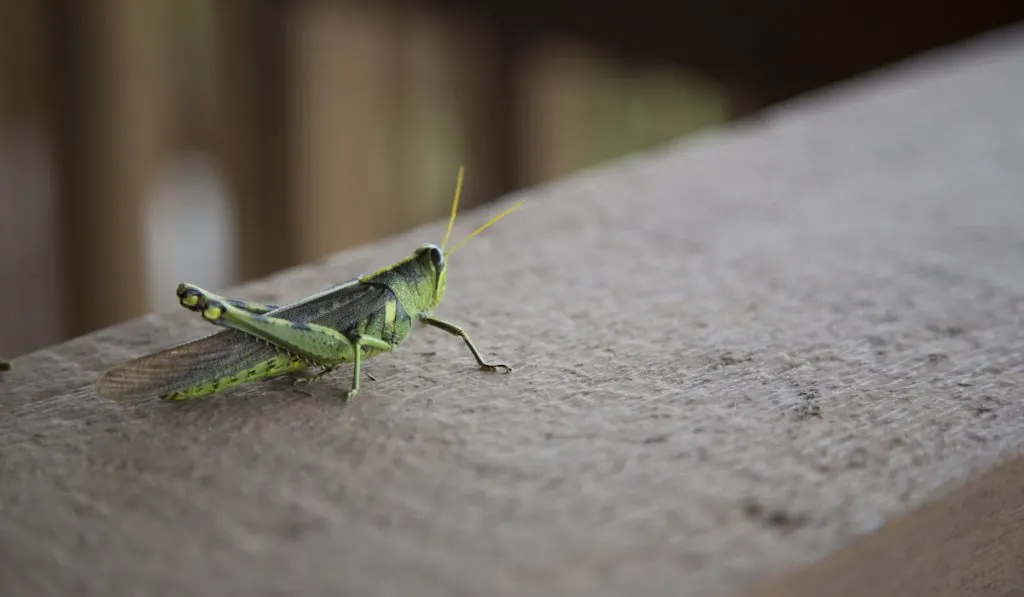
5. Superworms
Superworms might look similar to mealworms but they are larger and more aggressive than mealworms.
In fact, there were some cases where hedgehogs were bitten by these worms when they tried to eat them and even after these worms entered their stomach.
So, be sure to feed your hedgehogs with dried or dead superworms. But superworms are a definitely good source of protein and chitin for hedgehogs.
6. Silkworms
Silkworms are good for hedgehogs. They are rich in protein, calcium, and thiamine. Without any exoskeleton, they are soft and easy to digest.
Compared to other worms, silkworms are quite costly and harder to find. But they are easy to raise and can last longer without much food.
7. Dubia Roaches
Hedgehogs can eat dubia roaches. Unlike other roaches, dubias are clean and free from any bacteria, provided that they are raised properly.
Dubias roaches are rich in nutrients like protein, fiber, and calcium.
You can raise them at home by keeping them in a dark container with enough food, moisture, and a room temperature of 59°F – 70°F.
Insects That Hedgehogs Can’t Eat
There are some insects that should not be included in hedgehogs’ meals. For instance:
1. Spiders and scorpions
Spiders and scorpions are toxic and poisonous. In fact, these insects could sting and hurt small animals like hedgehogs.

2. Ants
Ants don’t have much nutritional value. They also bite and carry parasites that can cause diseases to your hedgehogs.
3. Centipedes and millipedes
In the wild, hedgehogs might prey and feed on centipedes and millipedes. But for your pets, it is advisable not to feed them with centipedes or millipedes because they are venomous.
Some millipedes also contain toxins that can harm your hedgehogs.
4. Slugs and snails
There are some wild hedgehogs that eat slugs and snails.
But to be safe, it is better not to feed your hedgehogs with snails because of the threadworm and lungworm that can be found in these shelled gastropods.
5. Mosquitoes and flies
Mosquitoes and flies are wild insects.
It is dangerous to feed your hedgehogs with these insects because they can have a lot of parasites in them.
The Best Way To Feed Insects To hedgehogs: Gut Loading
Feeder insects like crickets are high in protein and fiber. But they are low in other supplemental nutrients.
So, the best way to maximize the amount of nutrients in insects that you want to give to your hedgehogs is by the process of gut loading.
Gut loading is a method of feeding those insects with foods like fresh and sweet fruits so that they are equipped with enough nutrients for your hedgehogs when they eat them.
Plus, fruits that contain water soften the insects and makes it easier for hedgehogs to digest them.
The amount of time needed for this gut loading process to be effective is 24 hours or a day before feeding the insects to your hedgehogs.
Final Thoughts
Not every animal can eat crickets and certainly, not every insect is edible for hedgehogs.
But including crickets and others, edible insects as a part of hedgehogs’ meal will certainly provide them with enough nutrients.
A well-balanced diet should be the main focus to keep them healthy and happy.
But be sure to do enough research before feeding them anything to avoid any health issues in the future.
Resources
- https://hedgehognation.com/2019/02/10/a-hedgehog-guide-to-insects/
- https://animals.mom.com/list-insecteating-mammals-8065.html
- https://www.thesprucepets.com/what-do-hedgehogs-eat-4588705
- https://smallpetsite.com/insects-bugs-can-hedgehogs-eat/
- http://hedgehogheadquarters.com/secure/insects.htm
- https://heavenlyhedgies.com/hedgehog-insects/
- https://hedgehog-houses.com/hedgehogs-eat-crickets/
- https://biologydictionary.net/chitin/
- https://exoprotein.com/blogs/blog/what-is-chitin
- https://www.thoughtco.com/chitin-definition-4774350
